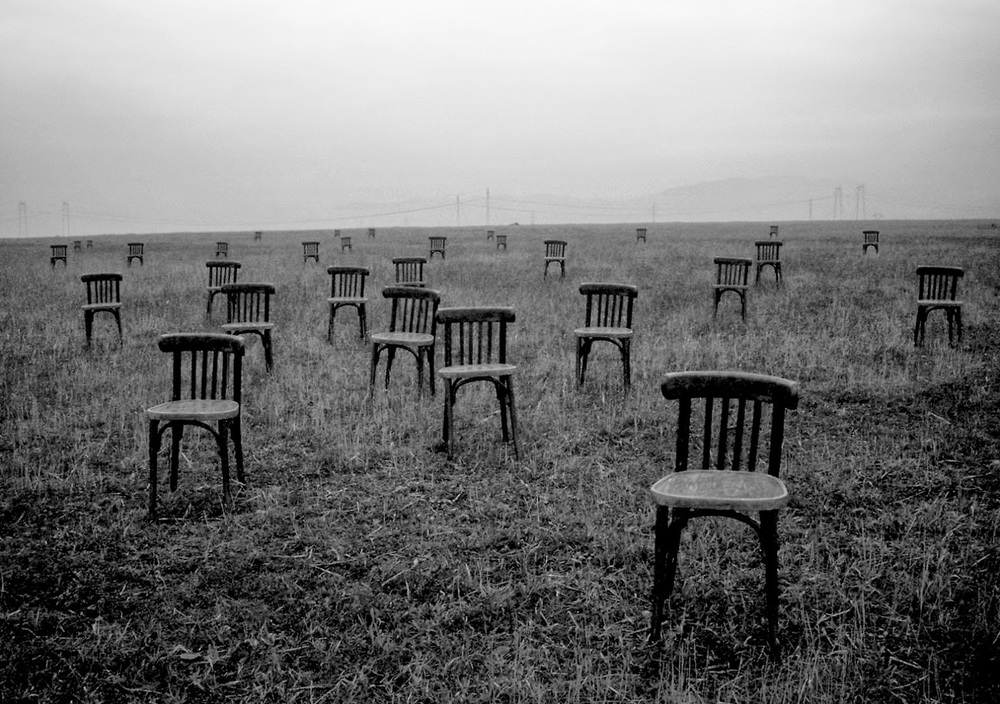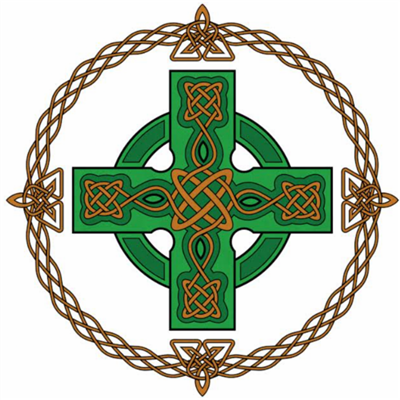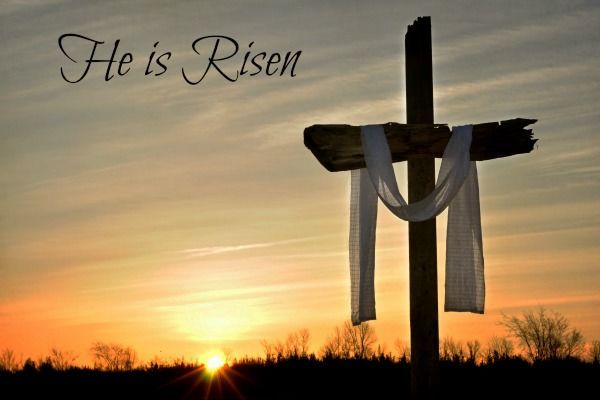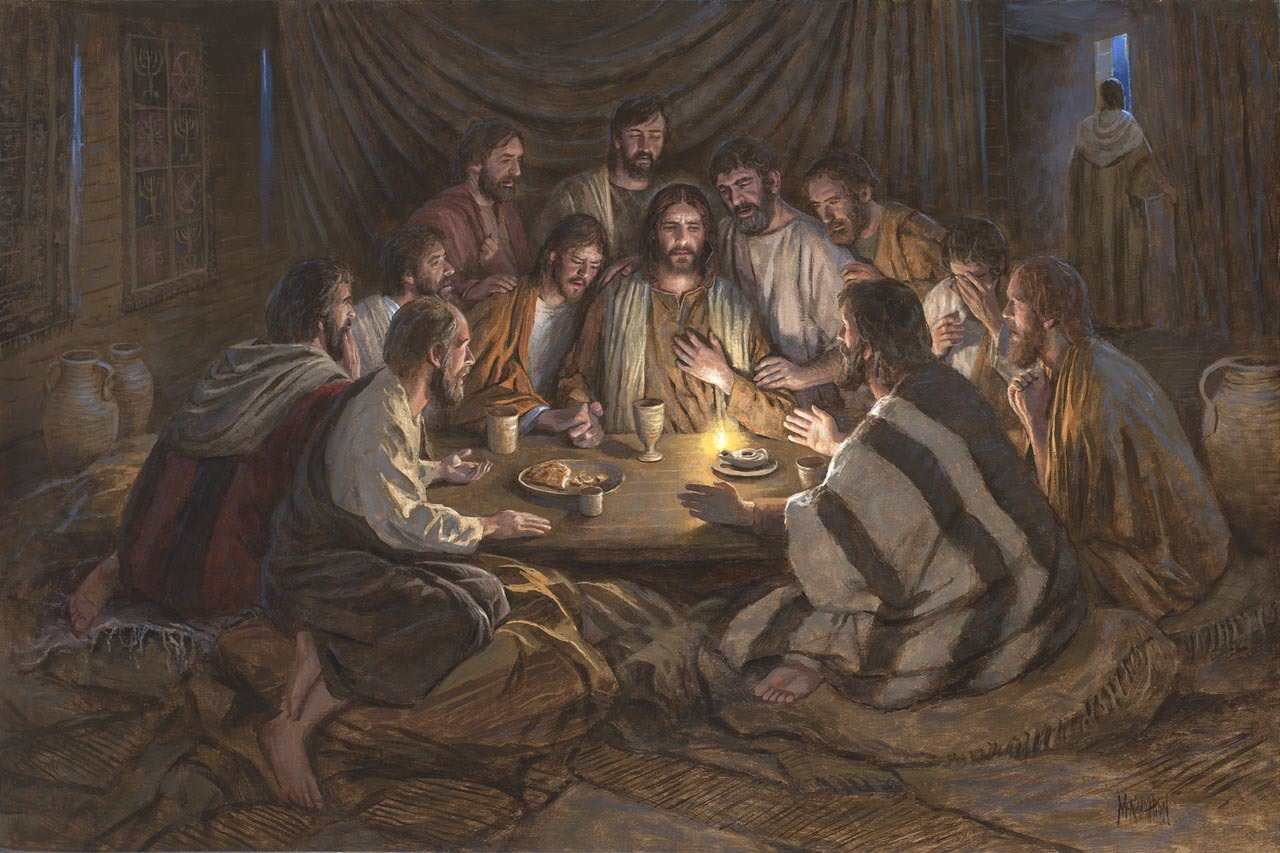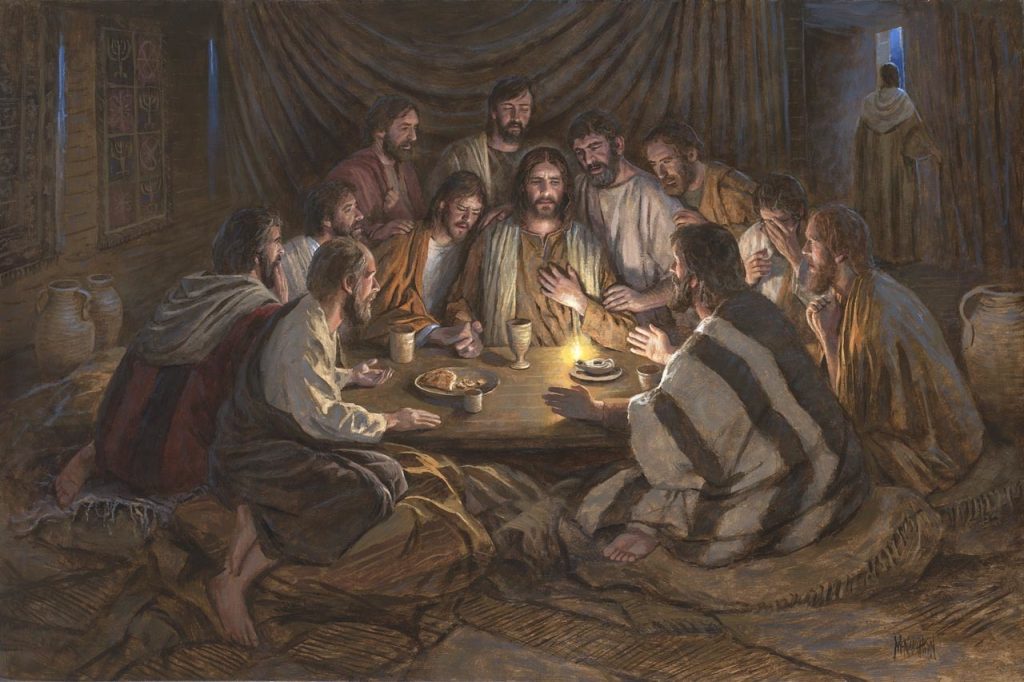The grace of God is an amazing thing. Amazing grace, how
sweet the sound, that saved a wretch like me. I once was lost but, now I’m
found. Was blind but now I see. We sing this song at various times during the
church year but do we really listen to the words that we are singing? God’s grace is amazing, and the best part
about that grace is that it is not dependent upon us.
The parable of the Prodigal Son is used during the time of
Lent to remind us of the power not only of grace but the power of
reconciliation. This story has it all, the son who wants what he wants when he
wants it. He goes off and squanders it all. He needs to work so he can live and
he takes the lowest job and eats the lowest of foods. He comes to the realization
that he has done wrong and that he needs to return home, but he is not sure how
he will be received.
We have a father who wants to give his son everything, even
though he knows it is not good for him. We have a father who is worried for his
son and for where he is and for what he is doing. We have a father who runs,
not walks when he sees that his son is returning home. And we have a father who
throws that son a party upon his return.
We have the other son. I am not sure if he is older or
younger than the other one but, he stuck around and worked and cared for his
father and the family business. He did not run off and squander his
inheritance. He is, understandably so, a little upset when he finds that his
brother has returned and his being thrown a party as a reward, in his mind, for
being irresponsible while he stayed behind.
We have all of this in the parable, but we also have grace.
Grace lies at the heart of this parable, a scandalous grace, a grace that
defies all earthly rules and conventions.
I am not a parent, but, as I understand these things,
parents only want what is best for their children. Parents want their
children’s lives to be better than theirs, and many, many parents sacrifice
everything to make that happen. Some parents, allow their children to make
mistakes, to fail, because learning how to fail, learning how to lose at
something, teaches the life lesson that not everyone gets a trophy.
During my time in ministry, I have known parents who have
had to let their children go. Their son or daughter was involved in something
that they could not get out of, drugs, alcohol, gambling and all the rest. For
years they tried everything, counseling, rehab, giving them money, and nothing
worked. Finally, they had come to the decision that they had to cut them off.
This was and is an agonizing decision, but they felt, it was in the best
interest of their child. It does not always work, but sometimes it does.
The father in today’s parable gave his son everything and
let him go. He did not turn his back on him. I can only imagine he was not
happy that his son was leaving but, being the dad that he is, he let him go to
find his way. He never stopped loving him. The parable hints that the father
kept a daily vigil waiting for the day he would return. We read that he
“ran out to greet his son” while he was “still far
off.” Grace is what welcomed him
home. Grace is what gave the father the ability to run to his son and welcome
him back to the family.
Grace is what allowed the father to give the son a hug upon
his return, to place the finest robe and a ring of gold on his finger. Grace is
what allowed him to throw the biggest of parties because that which was lost
has been found.
The son took his fortune. He left the family and went on his
merry way. He spent it all and when there was nothing left he “hired
himself out” he became a slave, a slave to his lifestyle and to the
choices that he had made. He was sent to “feed the pigs.” Keep in
mind that pigs were considered ritually unclean so for a Jew, as we suppose
this man is to feed the pigs would make him ritually unclean. Now he has not
only left his family but because of the choices he has made, has found himself
outside of his faith and community. He has hit rock bottom. Because of the
decisions he made, he is eating what the pigs eat and sleeping where the pigs
sleep. And then grace appears. Grace gives him the realization that he has done
wrong, wrong to his father, wrong to his family, wrong to himself, and wrong to
God. Grace gives him the ability to see for himself how far he has gone from
his father’s house. Grace is what will help him get up and grace what will lead
him home.
When the son saw his father running towards him, he was
filled with shame and grief. He had rehearsed a little speech all the way home,
“father, I have sinned against heaven and before you; I am no longer
worthy of being called your son.” But grace stepped in, and the father
changed all of that.
Then we have the one who stayed behind. This son does not
get a lot of ink and when he does it is usually bad. This son is portrayed as
being jealous and upset, and, he has a right to be. He is the responsible one.
He stayed at home, working the family farm and taking care of the family. He
did not run off and spend everything, and when he hears of his brother’s
return, he gets angry and feels a little rejected. He thinks that he should be
rewarded and his brother should be dismissed, thrown out of the family. He is,
after all, a sinner and there is no room for sinners in the house of God! He
tells his father that for all these years he has obeyed the law. He has done
everything that was required of him, and he has not had so much as a goat to
celebrate with his friends. But grace steps in and his father tells him that
everything that the father has belongs to him, but he is happy that the lost
one has been found.
So how does this apply to us?
The father, in this parable, is God the loving father who
gives us what we need and is always there, holding vigil for us when we stray
away from him and his love. He is the one who rejoices when we return. God is
the one who runs to us when we start on the path that will lead us home. God is
the one that said to the thief hanging on the cross next to Jesus, “today
you will be with me in paradise.” God is the one whose arms are so broad that no
matter what we have done, or what we have thought we have done, there is room
for it all. God is love, and God is grace.
We are the prodigal. We are the one who strays, who takes
what we want, who wants to live life as we want to live it, without
consequences. We are the ones who think we know better. We are the ones who
make choices that are not always good and end up eating and living with the
pigs. And we are the ones who, through grace, realize that we have done wrong
and desire to come home.
And we are the one who stayed behind. We are the ones who
feel that obeying the law is enough. We are the ones who rightfully can be
called Pharisees for the way we look down on others who do not live up to our
standards. We are the ones judging who gets God’s grace and who does not get
God’s grace. We are the ones who feel that we have the right to be the
guardians of heaven and determine who gets into heaven and who does not. We are
the ones who think we have the right to decide who is and who is not worthy of
our help. We are the ones who look at other human beings and tell ourselves
that because of their color, their place of birth, their socioeconomic level
that we have the right to discriminate against them. We are the ones who
interpret the word of God in such a narrow way that there is only enough grace
for us, we have all been this person.
This is a story about God and God’s life-giving love and
mercy. We are not the arbiters of God’s love and mercy, but somehow we have
convinced ourselves that we are. Somehow we have convinced ourselves that we
need to help God to determine who God should share that love and mercy with. We
are afraid that if God loves them, there will be no room for us. But every time
God’s active, stretching, searching, healing love finds someone and calls that
person back home, it does not mean there is less for the rest of us. It means
there is more. More wine. More feasting. More music. More dancing. It means
another, and now a bigger, party.
